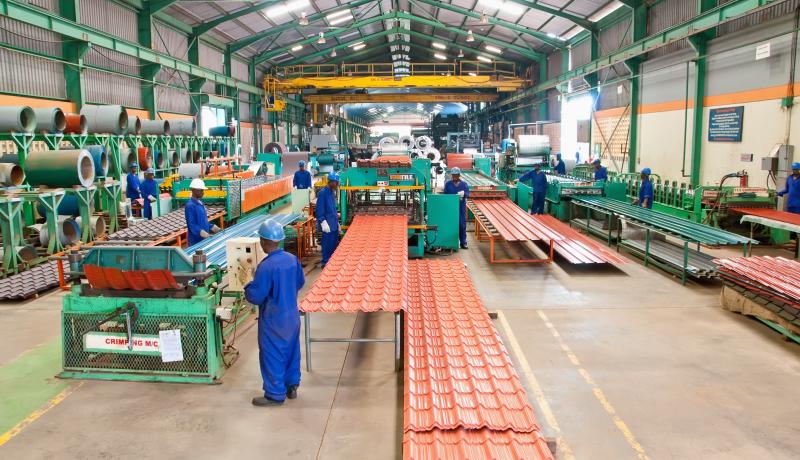• This is to ensure that Zambians appreciate benefits of the successful debt restructuring deal in the medium-term.
• Results of the restructured debt cannot be instant because the country’s economy is not in good shape.
• Government should start spending on beneficial sectors such as education and funding of SMEs to create job.
An Economist has advised government to prioritize sectors that have great potential to improve the economy such as manufacturing and funding of businesses.
Speaking in an interview with Money FM News, Rita Mkandawire said this should be done to ensure that Zambians appreciate benefits of the debt restructuring deal in the medium-term.
She stated that results of the restructured debt cannot be instant because the country’s economy is currently not in good shape, hence the need for government to start spending on beneficial sectors.
“One of the benefits that the debt restructuring brought was that it reduced the interest rates at which it was being serviced, repayment amount also restructured but with regards to the cost of living, it’s a trickle-down effect, it’s going to be as a result of factors such as government having to spend on beneficial sectors such as education, funding of SMEs to create job.”
“You just can’t say the debt restructuring has happened now and expect an immediate result. In the medium-term I feel that’s when we Zambians are going to benefit from it. But then government can prioritize sectors that are going to improve the economy like manufacturing and funding of businesses,” Ms. Mkandawire stated.
Meanwhile, Ms. Mkandawire observed that there is now liquidity in the market following the increased Constituency Development Fund (CDF) allocation, although this is only happening in the second year of implementation.
“I’m sure you have seen how the CDF is creating liquidity, at least there is now liquidity in the market. So in the short term we wanted results to be instant, but its only happening in the second year. So some of these things take some time, it’s not happening in the short term so people should exercise patience.”
“To be honest, Zambia’s economy is not in a very good place, hence to expect a drastic change is an imagination right now. Already the cost of production is high, maybe even electricity, so all those things affect the cost of living. Fuel prices are always fluctuating, all those are factors that you need to put in for the cost of living to be managed,” she added.
On 22nd June 2023, Zambia reached an agreement on a comprehensive debt treatment with its Official Creditors under the G20 Common Framework, covering $USD 6.3 billion in outstanding debt the country owes to its official bilateral creditors and delivers an economic reduction of close to 40%.






